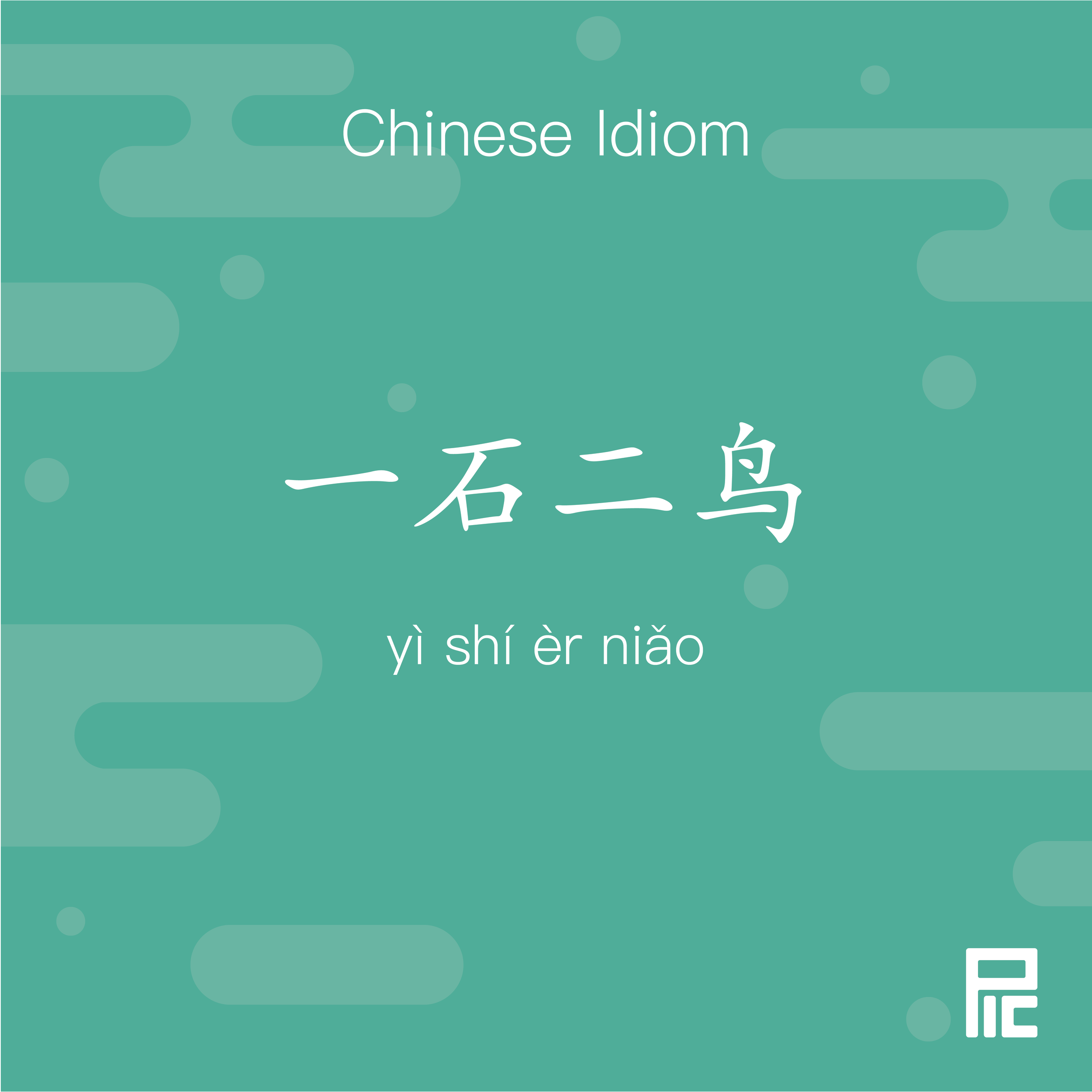
Chinese Idiom 14
"零零星星" (líng líng xīng xīng) is a Chinese idiom that translates to "a few scattered bits and pieces" or "here and there" in English. It is used to describe something that is fragmented, scattered, or irregularly distributed.

Chinese Idiom 12
"千言万语" (qiān yán wàn yǔ) is a Chinese idiom that translates to "a thousand words and ten thousand languages" in English. It is used to describe the depth and complexity of emotions or sentiments that cannot be fully expressed in words.

Chinese Idiom 11
"百善孝为先" (bǎi shàn xiào wéi xiān) is a Chinese proverb that translates to "Filial piety is the most important of all virtues" in English.

Chinese Idiom 10
"十全十美" (shí quán shí měi) is a Chinese idiom that translates to "perfect in every aspect" or "flawless in every way" in English. It is used to describe something that is complete, flawless, or perfect in all respects.

Chinese Idiom 9
"九牛一毛" (jiǔ niú yī máo) is a Chinese idiom that translates to "nine cows and one strand of cow hair" in English. It is used to describe a minuscule amount in comparison to a much larger quantity, emphasizing the insignificance or triviality of something.

Chinese Idiom 8
"七上八下" (qī shàng bā xià) is a Chinese idiom that translates to "feeling nervous and uneasy" or "in a fluster" in English. It describes a state of agitation or anxiety, where one feels unsettled and unable to concentrate.

Chinese Idiom 7
"活到老学到老" (huó dào lǎo xué dào lǎo) is a Chinese proverb that translates to "Learning is a lifelong endeavor" or "One is never too old to learn" in English.

Chinese Idiom 6
"五颜六色" (wǔ yán liù sè) is a Chinese idiom that translates to "multicolored" or "variegated" in English. It is used to describe a colorful and diverse array of colors or things.

Chinese Idiom 5
"五体投地" (wǔ tǐ tóu dì) is a Chinese idiom that translates to "prostrate oneself in admiration" or "bow down in awe" in English. It is used to describe extreme admiration or reverence for someone or something.

Chinese Idiom 4
"四通八达" (sì tōng bā dá) is a Chinese idiom that translates to "accessible in all directions" or "connected in all directions" in English.

Chinese Idiom 3
Numerous proverbs and idioms incorporate characters related to numbers. The phrase "三人行,必有我师" (sān rén xíng, bì yǒu wǒ shī) is a Chinese proverb that translates to "When three people walk together, one of them is bound to be able to teach me something."

Chinese Idiom 2
"一石二鸟" (yī shí èr niǎo) is a Chinese idiom that translates to "kill two birds with one stone" in English. It is used to describe a situation where a single action or effort achieves two separate objectives simultaneously.

Challenge of the month - 习
Think you know what this oracle bone inscription means?
See if you're correct by visiting our blog!

Chinese Idiom 1
"一心一意" (yī xīn yī yì) is a Chinese idiom that translates to "wholeheartedly" or "with single-minded devotion" in English. It is often used to describe someone who is fully focused and committed to a particular task or goal, without any distractions or wavering of intention.

Ghost Festival
中元节 (Zhōngyuán Jié), also known as the Ghost Festival or the Hungry Ghost Festival, is a traditional Taoist and Buddhist festival held on the 15th day of the seventh lunar month.

Dragon Boat Festival
端午节 (Duānwǔ Jié) is a traditional Chinese festival, also known as the Dragon Boat Festival. It is celebrated on the fifth day of the fifth month of the Chinese lunar calendar, typically falling in June on the Gregorian calendar.

Chinese Idiom 13
"读万卷书不如行万里路" (dú wàn juǎn shū bùrú xíng wàn lǐ lù) is a Chinese proverb that translates to "Reading ten thousand books is not as beneficial as traveling ten thousand miles" in English.

Challenge of the month - 为
Think you know what this oracle bone inscription means?
See if you're correct by visiting our blog!
